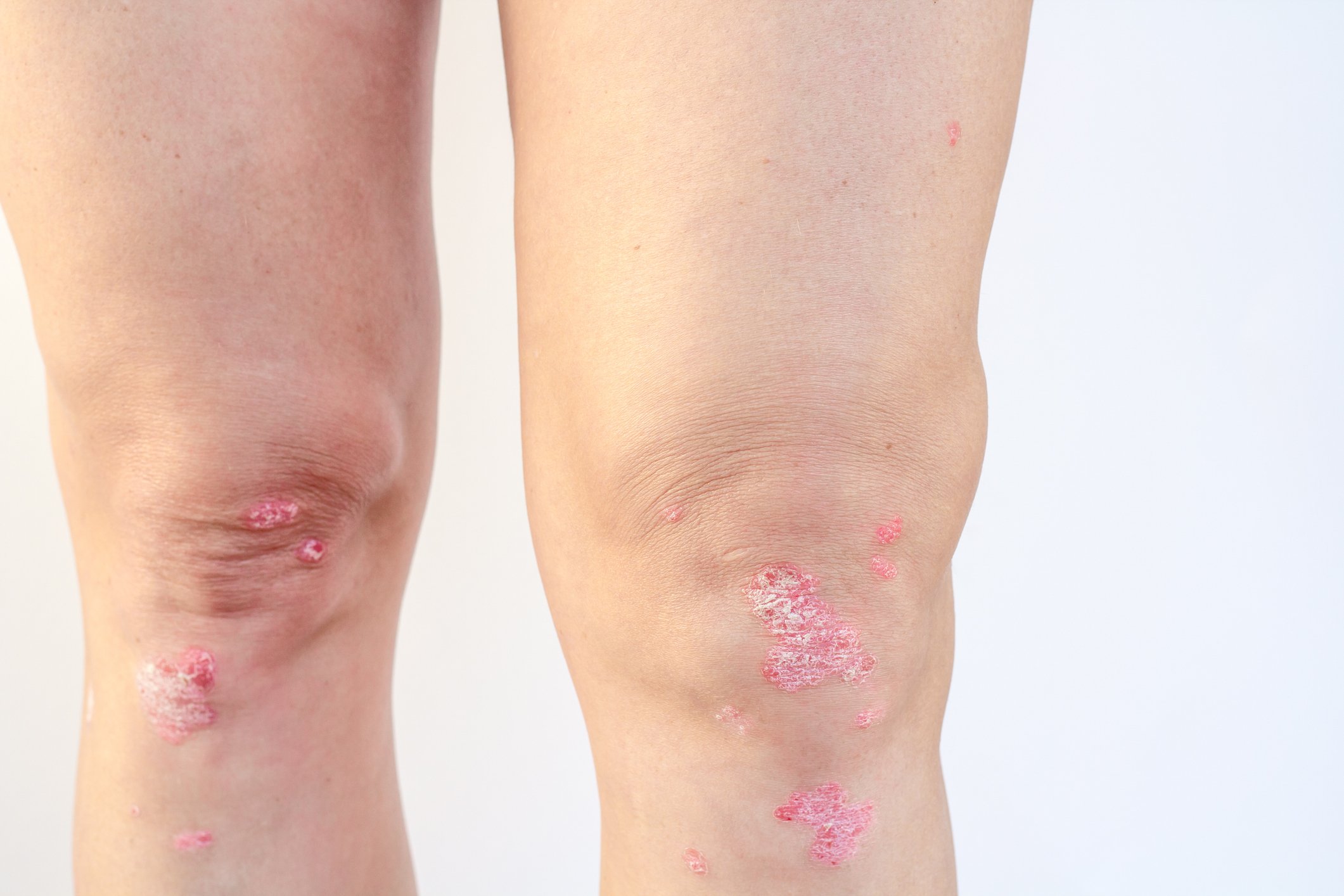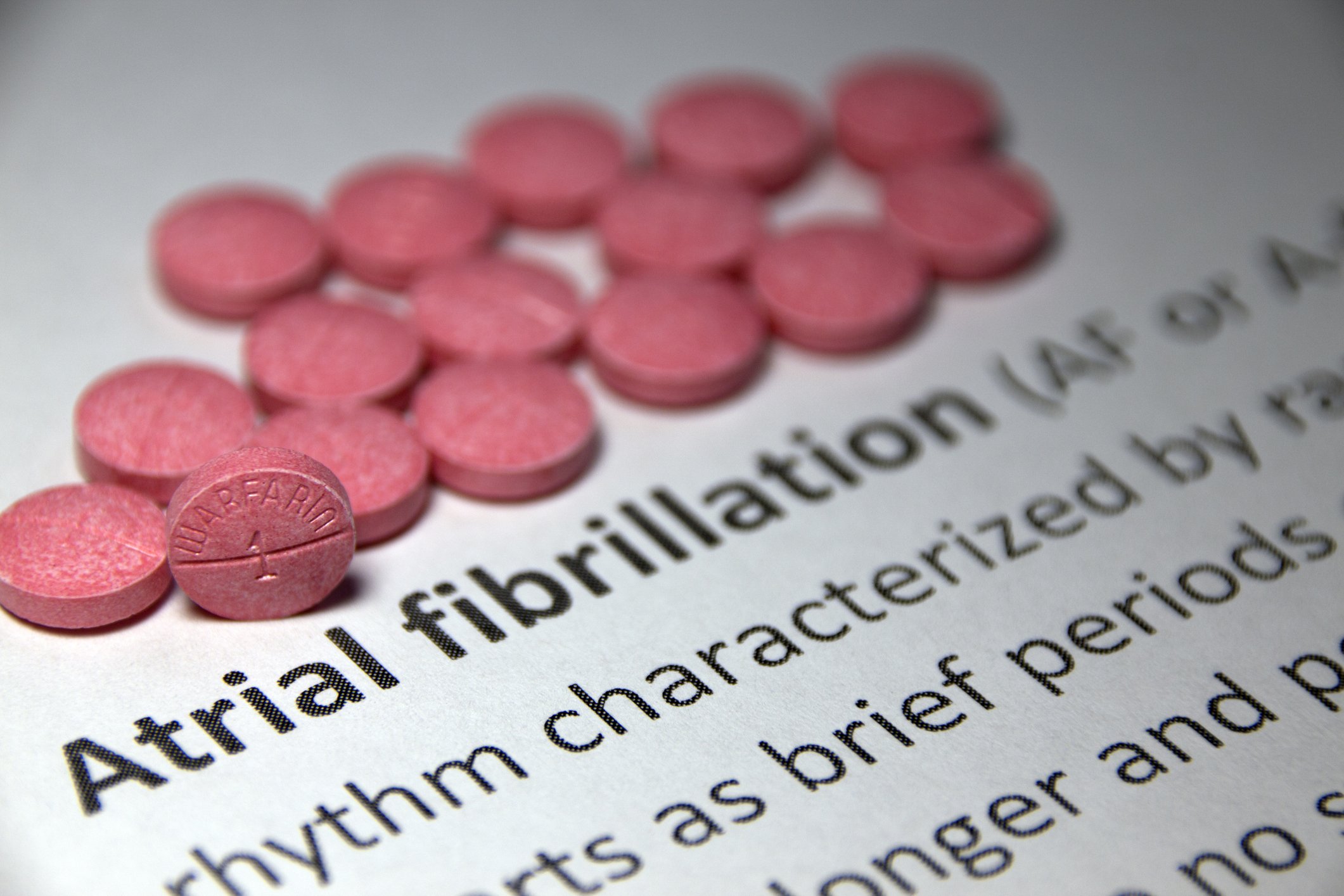Patients with type 1 diabetes have a higher risk of developing other autoimmune diseases. The autoimmune-related polyendocrine syndromes are rare but should be detected in time. Certain genetic mutations are predisposing. Antibody determination plays an important role in diagnosis and therapy.
In autoimmune polyendocrine syndromes (APS), autoimmune reactions take place against various endocrine organs, ultimately leading to their failure. APS type 2 usually occurs in young adulthood, but there are exceptions with earlier onset (box). Women are estimated to be three times more frequently affected [1]. The main components of APS type 2 include Addison’s disease, autoimmune thyreopathy, and diabetes mellitus type 1 [2]. Other associated autoimmune diseases include celiac disease, myasthenia gravis, vitiligo, alopecia, and pernicious anemia [2]. The co-occurrence of type 1 diabetes and Addison’s disease is particularly dangerous clinically because it can complicate the counter-regulation of hypoglycemia [7]. APS runs in families. A multifactorial etiology and a polygenetic predisposition are assumed. Several years may elapse between the manifestation of each glandular autoimmune disease and the full-blown APS. Serologic screening of patients at risk for autoimmune disease has been proposed to detect and treat APS early [8]. Autoimmune and genetic testing can be helpful for this purpose. APS type 2 is inherited in an autosomal dominant manner with incomplete penetrance and correlates with different HLA alleles. Genes in the HLA complex on chromosome 6 have been identified as the most important risk factor, particularly HLA-DRB1*03, HLA-DRB1*04, and DQB1*02 [9]. Regarding detection of autoantibodies in serum by indirect immunofluorescence and specific immunoassays, 21-hydroxylase (21-OH) for Addison’s disease, as well as various diabetes- and thyroid-specific autoantibodies are of particular importance (Table 1) [2,5]. In the treatment of APS type 2, the focus is on guideline-based substitution of the missing hormones of the respective existing diseases (Addison’s disease, autoimmune thyreopathy, diabetes mellitus type 1) [3].


In 95% of cases, autoantibodies against pancreatic islet cells, insulin, glutamate decarboxylase (GAD), and tyrosine phosphatase are detectable in the initial manifestation of type 1 diabetes (T1D) [6]. These autoantibodies can be detected months or years before clinical symptoms of diabetes [6]. In a study by Savvateeva et al. antibody profiles of patients with autoimmune polyendocrine syndromes (APS) with and without diabetes were analyzed and compared to a healthy control group. For this purpose, blood serum samples from 206 subjects aged 18-88 years were studied: patients with APS type 1 (n=18), APS type 2 (n=39), isolated autoimmune endocrine pathology (n=50) or non-autoimmune endocrine pathology (n=71), healthy controls (n=28). The microarray-based assays revealed differences with respect to the prevalence of autoantibodies. A significantly higher proportion of patients with APS type 2 with or without T1D had at least one of the three autoantibodies GAD-65, IA-2, or ICA compared to the healthy control group (Fig. 1). A similar pattern was seen with respect to the two autoantibodies TG or TPO, comparing here APS patients with vs. without AITD with a healthy control group. Thus, at least one of the two autoantibodies TG or TPO was more frequently detected in blood serum samples of patients with APS type 2 with and without AITD [5]. The authors highlight that none of the patients with either sole or APS-2-associated diabetes tested positive for all three diabetes-related antibodies (GAD, ICA, IA-2).

Literature:
- Grossmann BM: Prevalence of rheumatologic-immunologic diseases in the setting of premature ovarian failure (POF). Inaugural Dissertation, 2018, https://d-nb.info/1227973527/34, (last accessed Sept. 28, 2022).
- Herold M, Conrad K, Sack U (eds.): Autoimmune Diseases – A Guide for Family Physicians, Translated and edited edition of The General Practice Guide to Autoimmune Diseases, edited by Y. Shoenfeld and P. L. Meroni, Pabst Science Publishers 2012.
- Sperling MA, Angelousi A, Yau M: Autoimmune polyglandular syndromes. [Updated 2021 Apr 10]. In: Feingold KR, Anawalt B, Boyce A, et al, eds. Endotext [Internet]. South Dartmouth (MA): MDText.com, Inc; 2000. www.ncbi.nlm.nih.gov/books/NBK279152, (last accessed Sept 28, 2022).
- Hansen MP, Erlich M, Kahaly GJ: Addison’s disease and pluriglandular syndromes. Journal of Clinical Endocrinology and Metabolism 2013; 6(2), 5-11.
- Savvateeva EN, et al: Multiplex Autoantibody Detection in Patients with Autoimmune Polyglandular Syndromes. Int J Mol Sci 2021; 22(11): 5502.
- Hansen MP, Matheis N, Kahaly GJ: Type 1 diabetes and polyglandular autoimmune syndrome: A review. World J Diabetes 2015 Feb 15; 6(1): 67-795.
- Lehnert H: Rational diagnostics and therapy in endocrinology, diabetology and metabolism. 2015, www.thieme-connect.de/products/ebooks/lookinside/10.1055/b-0035-104807, (last accessed Sept. 28, 2022)
- Kuschnereit M: Demography and clinic of polyglandular autoimmune syndrome, PhD thesis, 2020, https://openscience.ub.uni-mainz.de/, (last accessed Sept 28, 2022).
- Flesch BK, et al: HLA class II haplotypes differentiate between the adult autoimmune polyglandular syndrome types II and III. The Journal of clinical endocrinology and metabolism 2014; 99(1): E177-182.
HAUSARZT PRAXIS 2022; 17(10): 42-44











